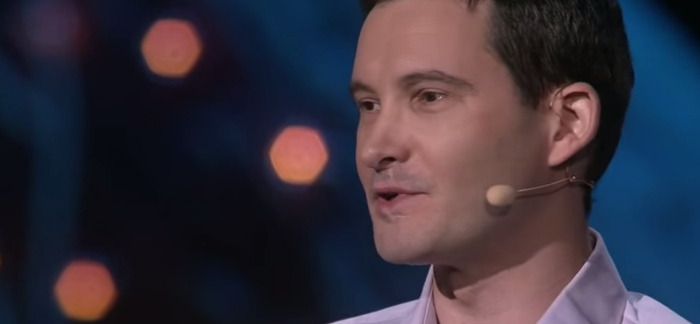Restorative Justice is a term that many people are just learning about. While it hasn’t been a widely used term for too long, it is something that everyone should know about. Before you can take a side in favor of or against this topic, it is best that you know what it is. Restorative Justice is a governmental and court appointed system wherein the criminal justice forces focus on rehabilitating offenders (typically minors or those who didn’t have many chances) by reconciliation between the victim and the offender or the community in which the crime was committed.
The main line between this topic is often that restorative justice tends to focus more on the victim rather than the attacker, and that they are failing to stop crime from continuing due to less harsh penalties. Before you take a side, it is best that you read some of the statistics and know more information.
Restorative Justice was first enacted with minors in mind. Children have more of a chance of turning their lives and actions to a new path than someone who has only known the same thing for many more years. Younger offenders often can get the treatment and counseling that they need to make their lives better. In addition, it is believed that younger offenders often feel more remorse than older offenders because they haven’t had time to harden their emotions. It is also widely believed that harsh punishments on a minor do not ensure that justice is served. Restorative Justice seeks to bring together the victim with the offender. It allows for the victim to say how they feel, express their emotions face to face with their attacker, and often can cause the offender to face what they have done more openly. Coupled with facing up to what was done, offenders are more likely to receive treatments that will help them stay away from crime in the future. Offenders usually work with their victims to realize the impact their actions had. For example, a minor steals food from a soup kitchen. They may be made to work in the soup kitchen to see just who they stole from, the lives that these people live, and the troubles they face, making them realize how good their lives really are.
Those who oppose Restorative Justice often feel that harsher punishments should be administered. They feel that leniency offers offenders a chance to do their crime again with no severe or hard punishment having been given. It is felt that no lesson is learned and that behavioral changes wont happen, or will not stay changed for long. It is also strongly believed that those who do not follow through with the programs that Restorative Justice offers and who repeat their actions are using up valuable resources of the justice system that could otherwise have gone to those who really are looking for a change.
Each side has valid arguments, and many (if not all) of them may be something that you agree with or disagree with. Now that you are more knowledgeable about what Restorative Justice is, you can make a more informed decision when you take a stand for one side or the other.




